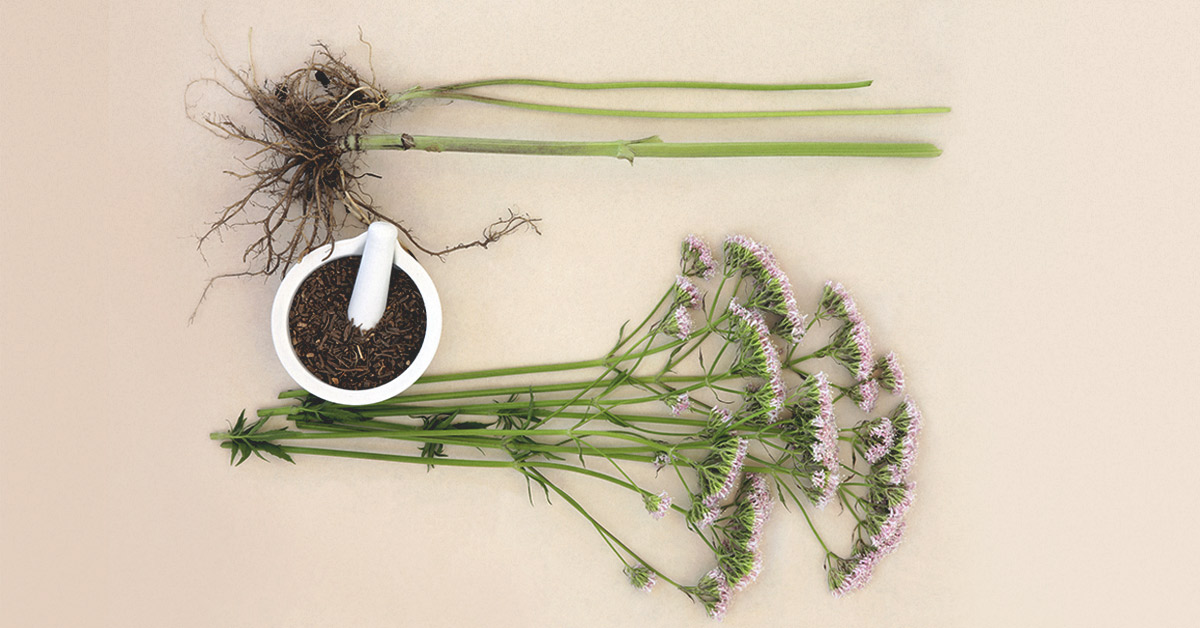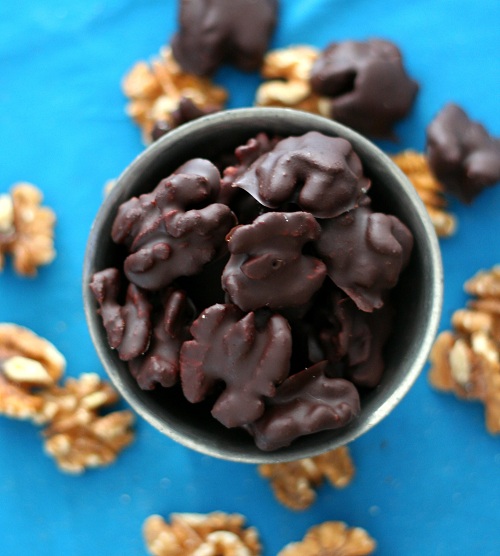For many of us, it’s a war. Here are seven tips on how to win.
While you appreciate that anxiety is so widely recognized in the modern day, you take little comfort in knowing how many others besides yourself suffer from it. It’s not something you’d wish on everyday nice people, but you understand the mindset completely. The things we deal with – jobs, co-workers, neighbors, car repairs, illness, children, marital problems, aging, loneliness, money, loved ones – the various types of investments we have related to these are enough to cause anyone’s pulse to quicken. Sometimes, it may be overwhelming. But you are wary of the solutions so quickly chosen by medical professionals, it seems as though doctors won‘t hesitate to prescribe something, even before fully discussing your symptoms. Starting on a regimen of pharmaceuticals can be a recipe for disaster that you should want to avoid if possible (that’s not to say that such a prescription is bad or not the right course of treatment necessarily). In an effort to take preventative measures against the opioid route, here is a list of natural remedies known to be effective in the fight against anxiety:
1. Exercise
Exercise is probably the most effective means of treating depression, especially in the long term. You may have noticed that your friends who have consistently kept themselves fit do not typically suffer from such issues. Being regularly active with a healthy heart makes you feel good about yourself. It promotes a clear mind that is more able to cut through the fat (pun intended) and deal directly with life’s challenges. Try this next time you are overwhelmed – engage in a physical activity for at least twenty-one minutes. That’s not too demanding, is it? You can almost count on feeling calmer afterward.

2. Green Tea
Held in extremely high regard by Asian Cultures for centuries, it seems today everyone recognizes the benefits of green tea. Claims of its medicinal properties are even backed by hard research. The tea contains an amino acid known as L-theanine that has shown to subdue a rising heart rate and blood pressure, and subsequently reduce stress. One small issue, in order for it to be fully effective, you need to drink at least five cups…

3. Valerian
Prescribed mostly to people who have trouble sleeping, Valerian is a sedative that contains compounds that are effective in treating insomnia. It does not have a pleasant fragrance, and is most often taken as a capsule or tincture rather than mixed in a tea, which is the most common method for taking such medicinal herbs. If anxiety keeps you up, this is a good nighttime remedy. It’s often combined with other ingredients such as hops, chamomile and lemon balm to ensure instant drowsiness.
4. Breath Control
As practiced by yoga instructors, a classic breathing technique known as the 4-7-8 has shown to be a potent method of lowering stress and anxiety. Exhale completely through your mouth, and then inhale through your nose for a count of four. Hold it for a count of seven. Let it out slowly for a count of eight. Repeat twice a day. This practice has a genuinely logical basis for its claims, the basic fact that one can’t breathe deeply and be anxious at the exact same time.
5. Eat
 You should always have a small breakfast, the protein is necessary. Plus, people get anxious and irritable when they’re hungry. The fact is, an anxiety attack may be the result of lowering blood sugar. A quick snack like walnuts or chocolate with water or tea is ideal. Some people with severe anxiety resort to over-eating that puts them in a self-imposed near-comatose state, free of worry. Of course, this habit cannot be seriously recommended.
You should always have a small breakfast, the protein is necessary. Plus, people get anxious and irritable when they’re hungry. The fact is, an anxiety attack may be the result of lowering blood sugar. A quick snack like walnuts or chocolate with water or tea is ideal. Some people with severe anxiety resort to over-eating that puts them in a self-imposed near-comatose state, free of worry. Of course, this habit cannot be seriously recommended.
6. Omega-3s
It’s known that fish oils are widely considered beneficial to the health of the heart. It is also believed to be effective against depression and related symptoms. Long term studies in which omega-3 fatty acids were pitted against placebos saw the omega3 emerge as the dominant factor in reducing anxiety. Whenever possible eat foods rich in them, such as oily cold water fishes like salmon, anchovies, sardines and mussels.
7. Ditch the Doom
It’s almost inherent among anxiety suffers, a never ending plague of dread and worry. They imagine some of the worst possible things happening to them or their loved ones. It’s a constant sense of impending doom. It’s not healthy or realistic. If you experience this, take a few breaths, go for a brisk walk, and consider that you’re not likely to really experience the worst possible scenarios or circumstances. The scientific odds just don’t support your fears.








